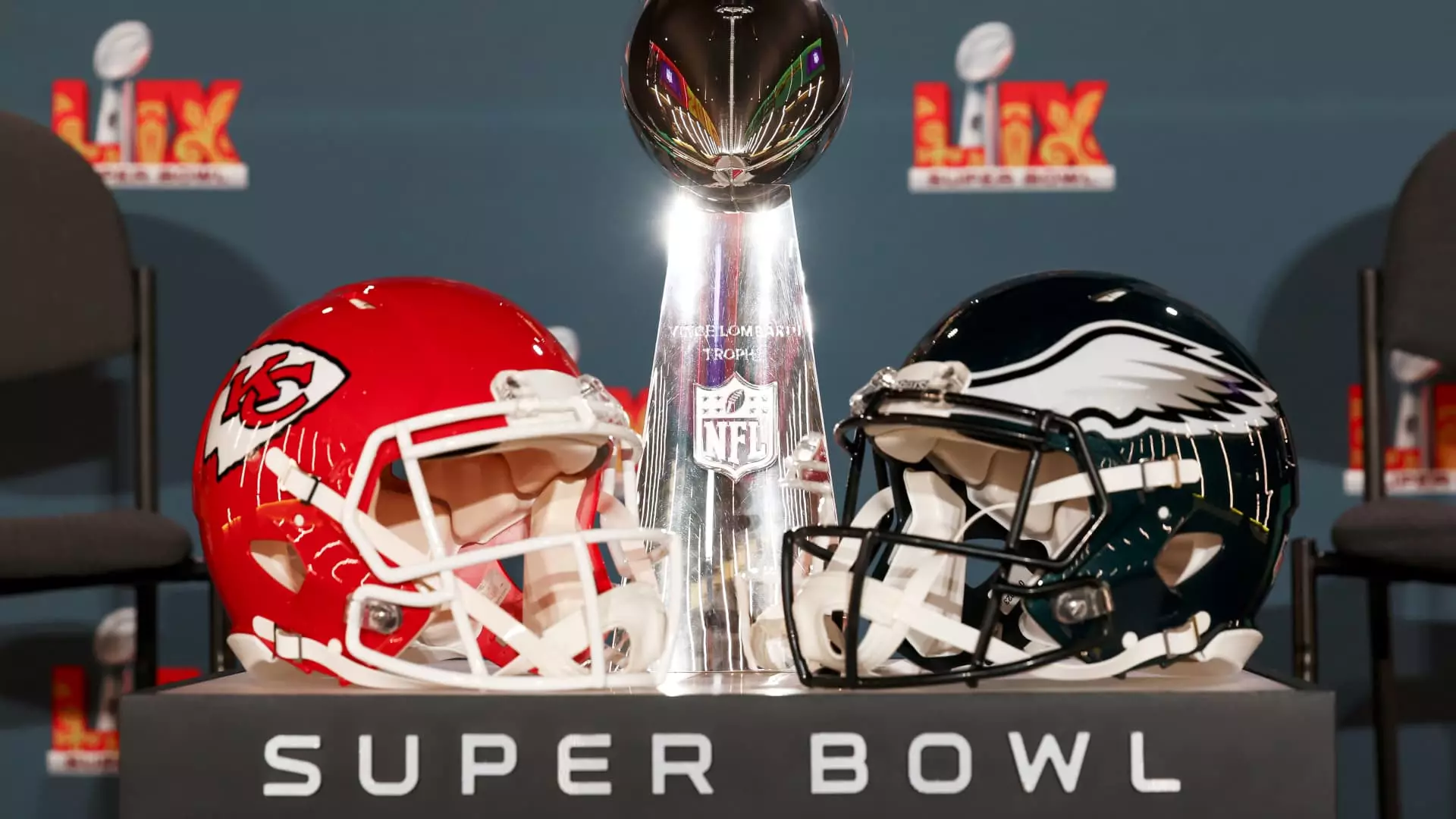The recent crackdown by the NFL on ticket reselling by players, coaches, and club employees reveals a darker underside of what is usually portrayed as a glamorous sport. The league’s effort to fine and restrict those involved underscores a persistent hypocrisy: the NFL promotes itself as a symbol of fair competition, but behind the scenes, the pursuit of profit often trumps integrity. When high-profile players and staff members exploit their access for personal gains, it not only undermines the spirit of the game but also erodes public trust.
This scandal highlights an uncomfortable truth—professional athletes and league personnel are often viewed as role models. Yet, their actions in selling tickets at profit betray their supposed responsibility to the fans and the integrity of the sport. The NFL’s decision to impose hefty fines might be a step toward damage control, but it also exposes deeper systemic issues of greed and lack of accountability. Furthermore, the league’s attempt to bolster compliance measures seems more like a superficial patch rather than a genuine effort to eradicate corruption.
Likely Consequences and the Erosion of Fan Confidence
The NFL’s measures—fines that are multiples of the tickets’ face value, bans on future purchases, and increased penalties—are controls aimed at deterring future misconduct. However, such punitive steps create an environment where transparency is compromised, and trust further diminishes. Fans expect fairness, not ongoing battles of greed masked as regulation. When league insiders profit from their positions, it signals a failure at the organizational level to prioritize integrity over profit.
Importantly, this controversy reinforces the perception that the NFL, like many top-tier sports leagues, operates as a business driven by financial incentives. The resale market for Super Bowl tickets is lucrative, and for some insiders, the temptation to capitalize on exclusive access outweighs the league’s stated values. This disconnect between proclaimed principles and actual conduct damages the league’s credibility—potentially for years to come.
A Center-Right Critique: Sabotaging the League’s Moral Authority
From a center-right wing liberal perspective, this scandal exposes the flaws in an overly commercialized sports culture. While the NFL defends its policies as protecting fans from profiteers, its lax oversight and the actions of insiders reveal a moral failing. The league should champion transparency and accountability, not merely enforce fines after misconduct is uncovered.
This incident suggests that the NFL, and similar institutions, need a cultural shift—moving away from profit-driven shortcuts and toward a genuine commitment to fairness. The league’s focus on increasing penalties is reactive rather than preventive. It’s about time that leadership recognizes that true integrity cannot be legislated through fines alone but requires a fundamental change in organizational values. For the league to reclaim even a shred of moral authority, it must confront its own complicity in creating an environment where profits often outweigh principles.
In the broader context, such scandals serve as a reminder that the pursuit of quick gains at the expense of ethical standards corrupts not just individual reputations but also the integrity of the sport and its societal standing. The NFL’s response should be more than punitive; it must be introspective—striving to restore its role as a beacon of genuine competition and fair play. Until then, the league remains a victim of its own commercial excesses, and fans are justified in questioning whether their beloved sport is still worth defending.

